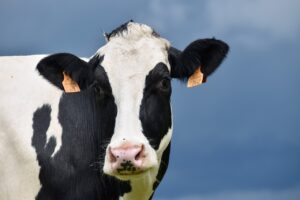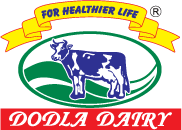
Rabobank is forecasting minimum opening milk price offers in the range of $8.50kgMS – $9.00kgMS for southern Australia from June 1. According to the Australian Dairy Seasonal Outlook domestic dairy market returns, a week Aussie dollar and aggressive recruitment and retention strategies are driving the forecast prices for the 2023/24 season, which is above the medium-term average for southern Australia.
Rabobank analyst Michael Harvey says another season of historically elevated milk prices will support farmgate margins. The low end of the range ($8.50kgMS) represents a 10% decrease from 2022/23, but even so this price will provide relief from a recent record-high cost base with lower prices for purchased feed and fertiliser flowing through balance sheets. Despite reaping the benefits of a significant correction in global fertiliser prices, the outlook warns of other cost headwinds on farm in 2023/24, including higher interest rates and labour shortages.
Rabobank expects downward pressure on global commodity prices to remain as milk production continues to grow in export regions and domestic demand remains soft. Chinese buyers are absent until the second half of the year.
In his presentation, Kevin Muxlow, COO of Urus, mentioned four building blocks how farms can improve both their business economics and become more sustainable: (animal) genetics, people, management, and data & technology. The subsequent panel disucssion went into more details and proposed more ways of implementing such solutions.
Creating the right environment:
Collaboration between the public and private sectors can provide resources, access to finance and create an enabling environment for innovation, resulting in a win-win situation for farmers and businesses. Maria Zampaglione from Elanco, an animal health company, explained how her company’s shared value strategy, implemented together with the Bill and Melinda Gates Foundation, provides veterinary medicines to small and medium-sized farms in Africa. Thereby they are improving animal health on the one hand and giving her company a foothold in Africa on the other. The key to such public-private partnerships, she said, is to provide solutions and high-quality products adapted to local conditions and farmers’ needs, taking into account the whole value chain to improve the link between markets and farmers.



